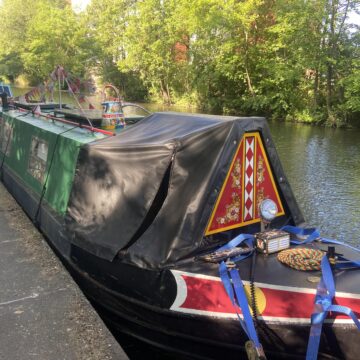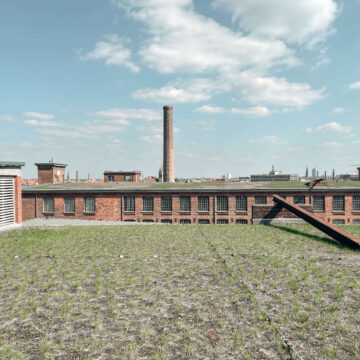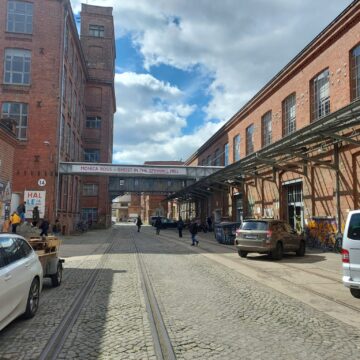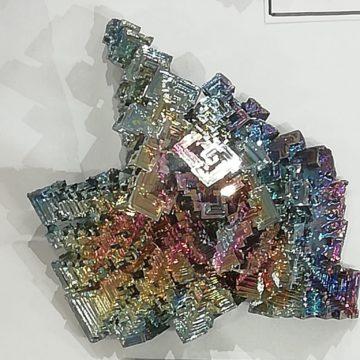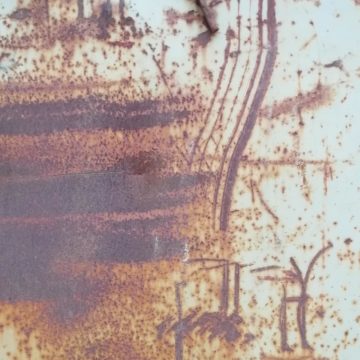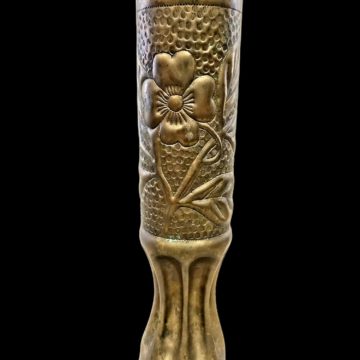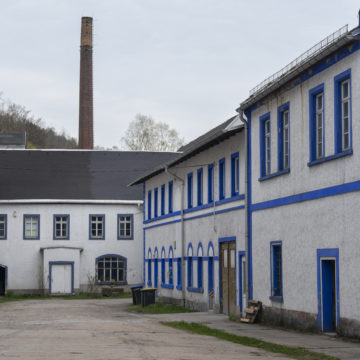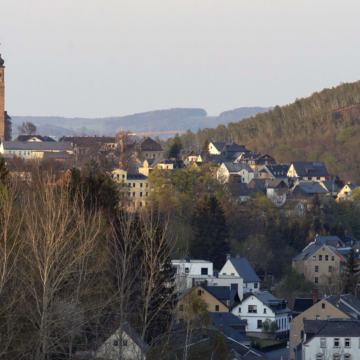Ever wondered about the size of narrowboats? I visited Foxton Locks near Market Harborough in Leicestershire, and it's very interesting to watch boats going up and down, lock after lock. We see how the boat fits just right in the lock.
Category: Industrial
Leipzig Cotton Spinning Mill and the Plant Roof Technique
Accompany authors Asem and Rachel to discover the story of Spinnerei, a large brick building in Leipzig that used to be a cotton mills at the end of the 19th century, which is one of the few still standing, despite the fact that much of Leipzig was bombed during the Second World War.
How is it that this building was spared from the bombs? There are a number of hypotheses, one of which is that the green roof protected it…
The Transformation of Spinnerei: from Industrial Site to Art Centre
The Spinnerei in Leipzig, Germany, was once a cotton mill in the 19th and 20th century. Following its closure in the 1990s, the site was abandoned for many years. Today, the Spinnerei has been transformed into a vibrant centre for contemporary art and creative industries. Visitors find dozens of galleries, studios, workshops, and the KINO, an artist-led cinema. In this article, we explore the history of the Spinnerei, its transformation into a creative hub, and the formation of its artist community.
Banned word: The ‘Uranium’
We would not have known the reason behind the nebulous meanings and definitions of wismut in Bad Schlema in Saxony region, if we would not meet a man in the Uranium Museum (Uranbergbau, The Museum of Uranium mining). This story might also enlighten you about the origins of the name of Wismut Company in East...
The Ore carts in Erzgebirge
Interactive objects of industrial heritage for self-connection Public places have been considered as places of interaction and exchange in numerous socio-cultural studies, and people have used them as their cultural repertoires. The reciprocal relationship between the public places and the people may influence the image of a place and sense of community by adding different...
Art in times of war
Art is everywhere, even in the trenches. From time immemorial the human primordial needs creation, using all his creative potential, knowledge and skill to express himself through some form of visual art. Man’s designs can be found and seen everywhere. Even in the most unexpected places and time, where our common sense tells us they do not belong, as in times of sickness, conflict, and war. One proof of the previous...
The Secret Behind the Blue Colour of Schneeberg
Co-author Gözde Yildiz The fascinating history of the blue pigment in the Ore Mountains is quite mysterious. Hence, all we knew at first was how we felt when we first saw the flashing blue colour hidden in the blue factory’s storage! We loved the moment we opened the box, and the blue colour was the...
Historical Landscape in and Around Schneeberg (What We See if We Get To Know the Mining History of Erzgebirge)
When a stranger arrives in the region of Schneeberg, they will observe the picturesque surrounding and see some unexpected things in the landscape. What seems to be a natural part of the scenery is not always the case!
Exploring Present Day Heritage at the V&A
You enter a museum. Surrounding you are aged, priceless objects, protected by reflective glass walls. They are unique, rare ‘fossils’ of the past that must be saved from decay, so through them, we can learn about the history and people’s experiences of the past. But if we can learn about the past through objects, what...
Three Company Towns to Discover in Northern Italy
Visiting these three different Company Towns in Italy, you'll discover the functional city, between work and welfare.
